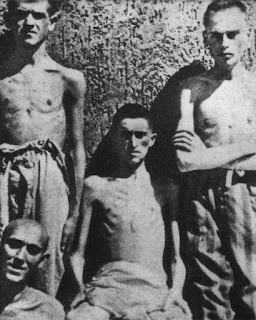A champagne king with his own
island in the Thames estuary is hosting a rock and roll event in early
September, though the tickets - £445 – are pricey. But then bear in mind what
you get for your money: gourmet food like cod loins, ox cheeks and foie gras
prepared by Michael O’Hare, a Michelin trained chef. Moreover, with certain ‘acts’
concertgoers are to be served oysters and champagne.
And we’re not talking Budgens Champagne.
Mr Krug has thought long and hard
over which champagne would best accompany the music, even bringing an Oxford
professor into the equation. Professor Charles Spence is an expert on ‘the
interplay between taste and sound receptors in the brain.’ In his own words
‘savouring a masterfully crafted champagne while listening to a piece of music
allows one to travel down direct pathways to the emotions.”
The question arises as to what
champagne might best accompany this?
The clip is not chosen at random
and not a drop of champagne was involved. Now, however, Mick Jones of the Clash
is trying to re-engage with his roots. He is one of the headline acts at the
Krug Festival and waxes lyrical about what concertgoers will get for their
money.
They will, for example, get close
to real rock stars: “at Krug Island you will be right there, meeting the
artists, talking with them, partying with them, singing along.” He waxes on:
“Good wine, good food, good music, rock stars and a private island sounds all
right to me.” Rock and Roll, Mick.
Here just about sums it up.
Meanwhile, on the other side of the
world, Australians are discussing whether wild dogs should be exported to China
and korea for food, whilst others believe Kangaroos should be farmed in
preference to cattle because they emit less green house gases. Tactful word,
emit. I imagine foie gras and champagne will cause some emissions.
Post script:
Really an excuse to play more clips: The Stones 1971 at the Marquee intimate even without oysters and champagne
The Beatles at the Cavern, reeking intimacy but again no champagne.
And to finish, a rare Stones I remember seeing at the time. Crisps and beer but no champagne.





